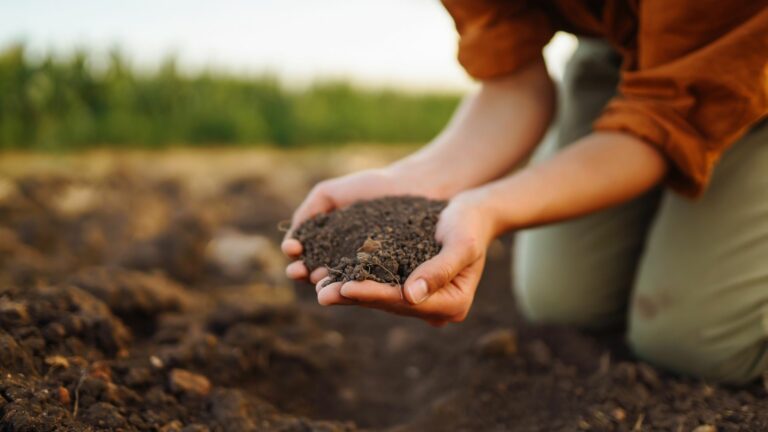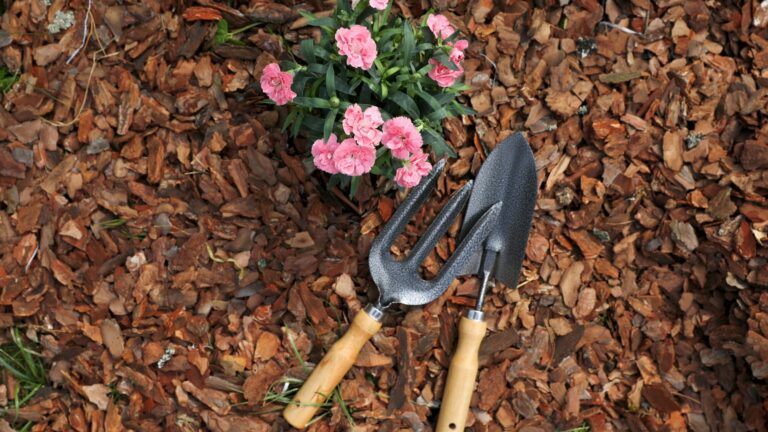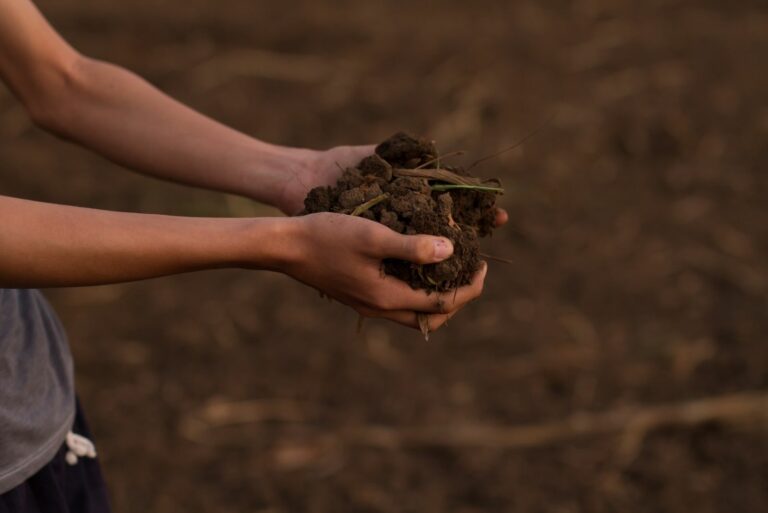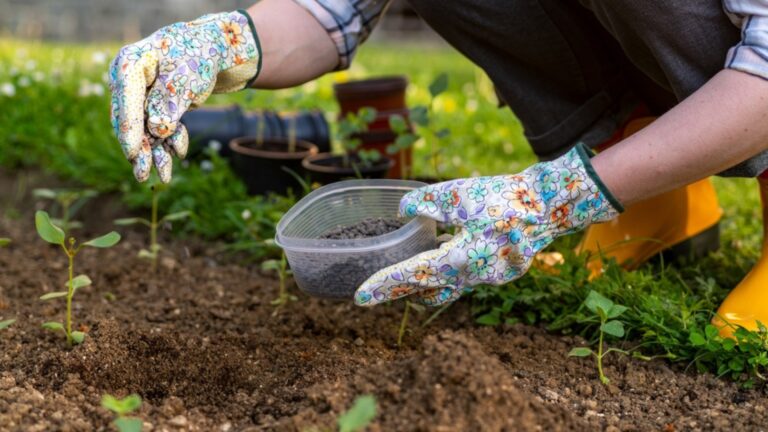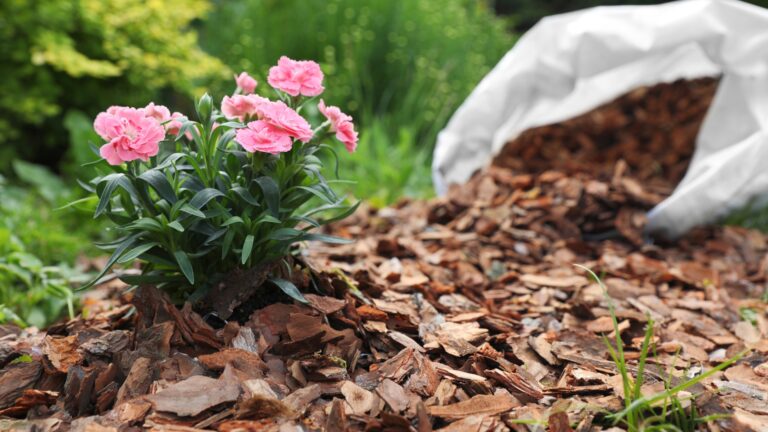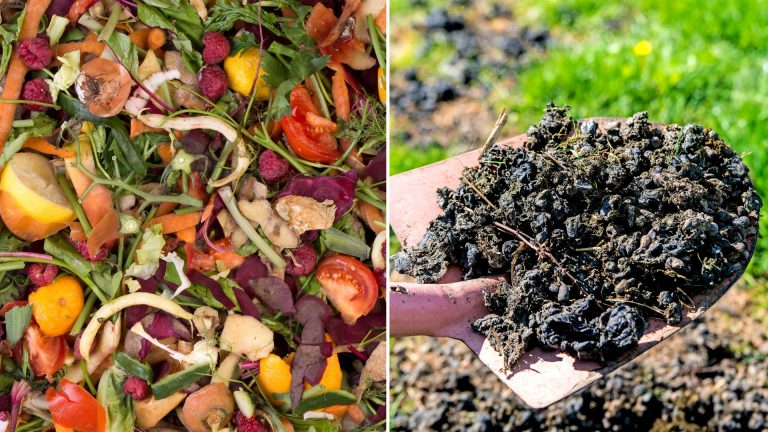7 Reasons Texas Homeowners Use Cinnamon In The Garden And Why It Works
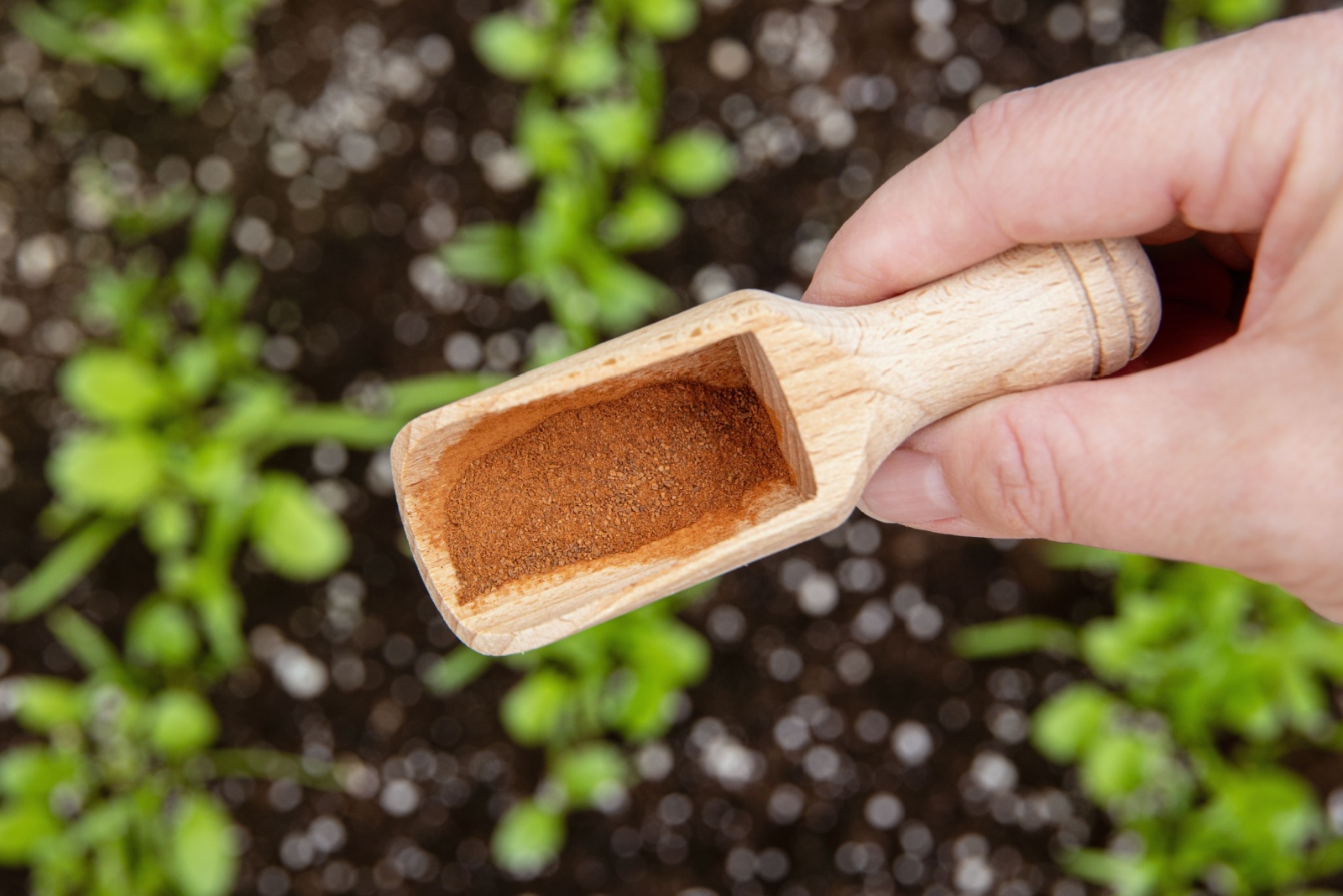
Texas gardeners know that sometimes the best solutions come from the kitchen cabinet, not the garden center. Cinnamon has become a favorite secret weapon for homeowners dealing with common garden challenges throughout the Lone Star State.
This common spice offers natural, affordable ways to protect plants and improve soil health without harsh chemicals.
1. Natural Fungus Fighter
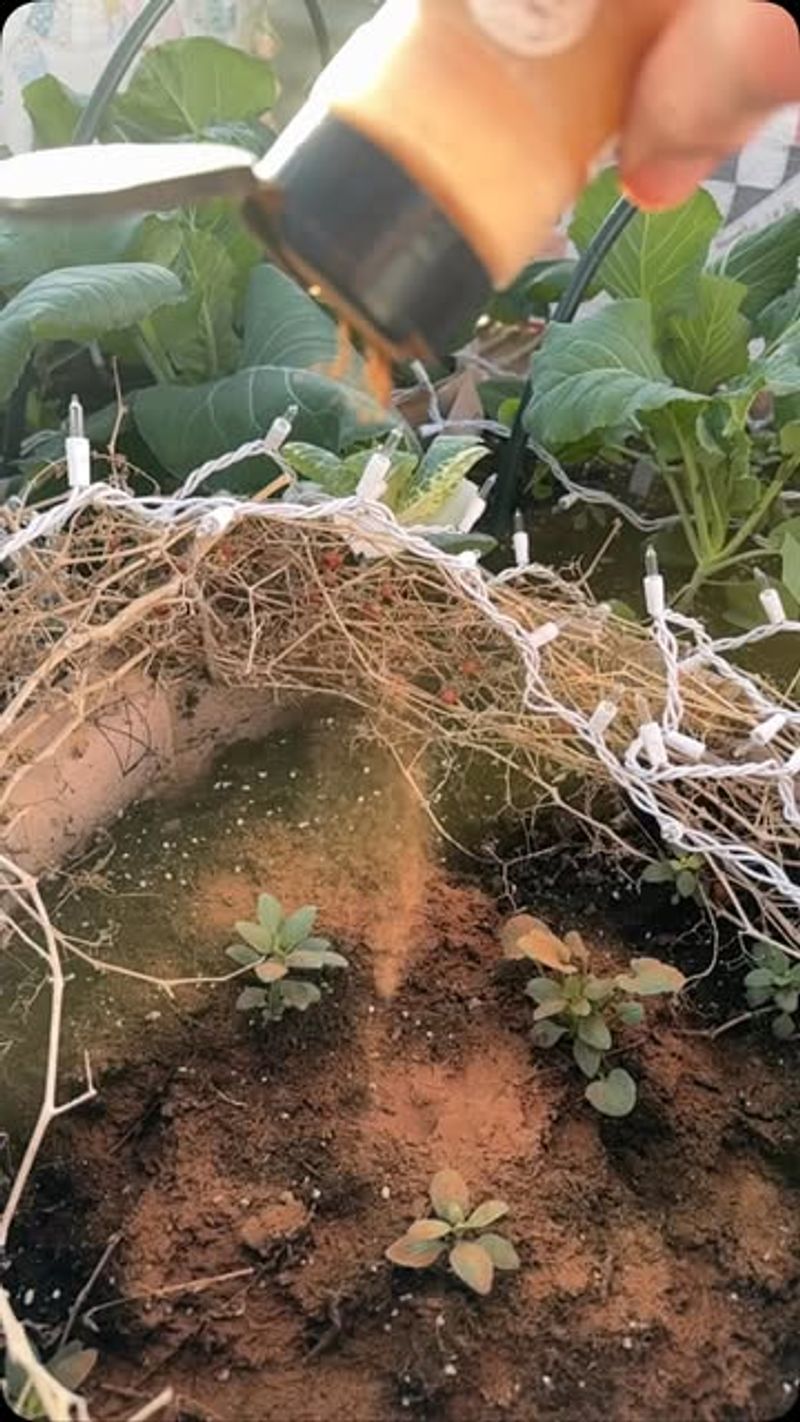
Fungal infections can devastate seedlings and young plants, especially during humid Texas summers. Cinnamon contains natural antifungal compounds that help prevent damping-off disease, root rot, and other moisture-related problems.
Sprinkle ground cinnamon directly on soil around vulnerable plants or mix it into potting mix before planting. The spice creates a protective barrier that stops fungal spores from taking hold.
Many Texas gardeners apply cinnamon after watering to keep seedlings healthy during their most vulnerable growth stages.
2. Keeps Ants Away From Plants
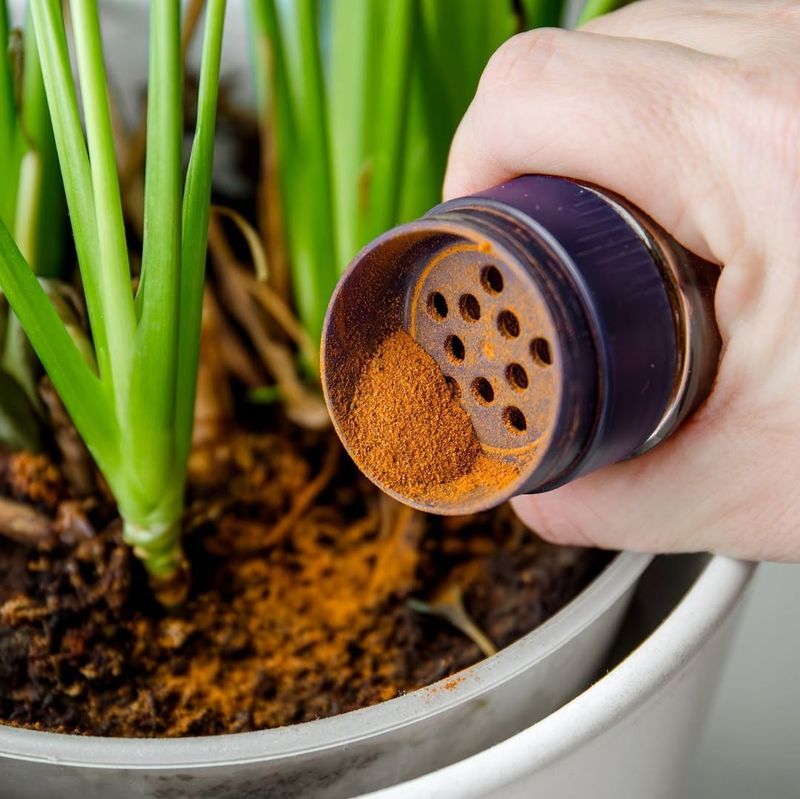
Fire ants and other ant species love Texas gardens, but they absolutely hate cinnamon. The strong scent disrupts their communication trails and sends them searching for friendlier territory.
Create barriers around plant stems by drawing cinnamon lines on the ground or sprinkling it generously where ants travel. This method works particularly well around tomato plants and raised beds where ants tend to farm aphids.
Reapply after rain or heavy watering to maintain effectiveness throughout the growing season.
3. Promotes Faster Root Development
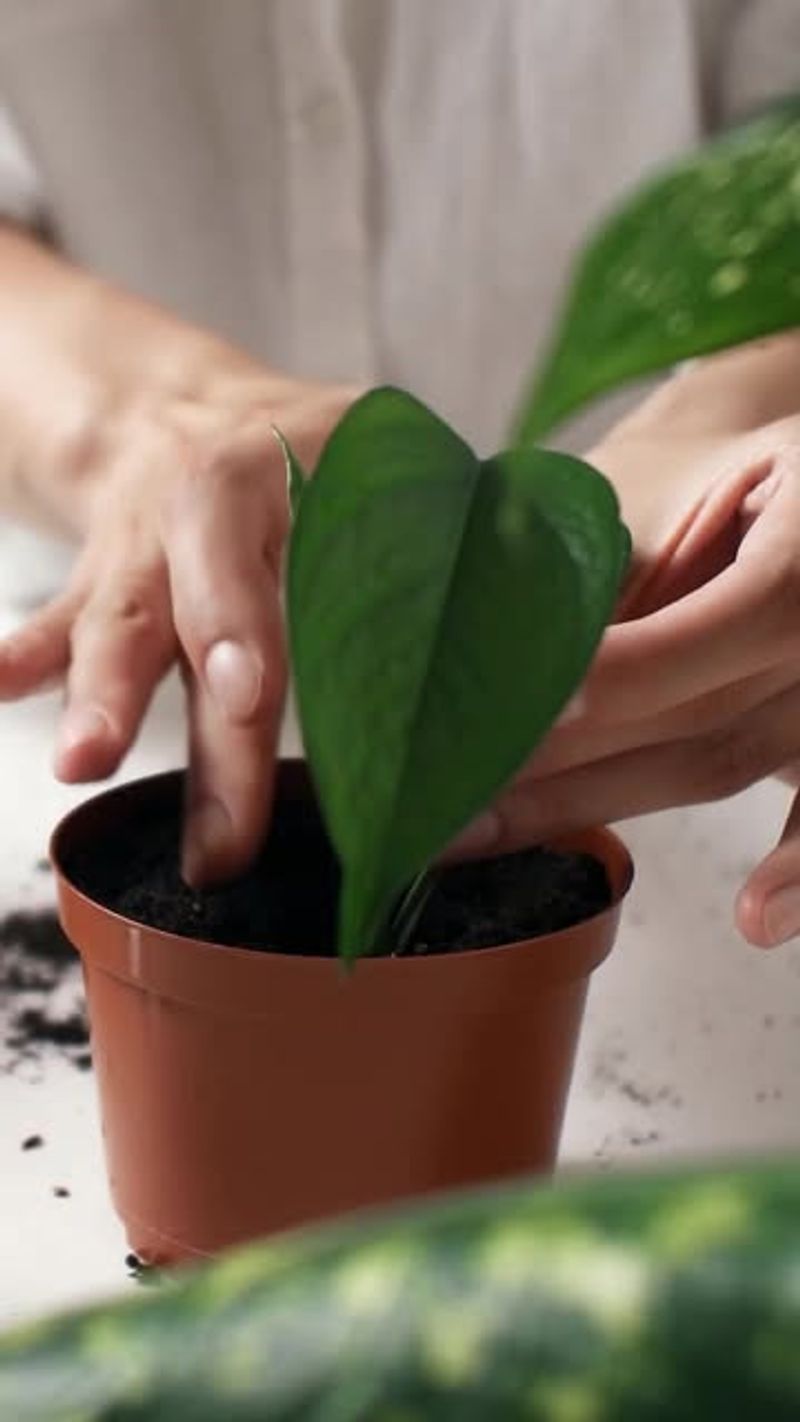
When propagating plants from cuttings, Texas gardeners often reach for cinnamon instead of commercial rooting hormones. The spice contains compounds that stimulate root cell growth while simultaneously protecting cuts from bacterial infection.
Dip freshly cut stems into cinnamon powder before placing them in soil or water. This dual action gives cuttings a better chance of survival and faster establishment.
Roses, herbs, and succulents respond especially well to this treatment during spring and fall propagation seasons.
4. Protects Wounds On Trees And Shrubs
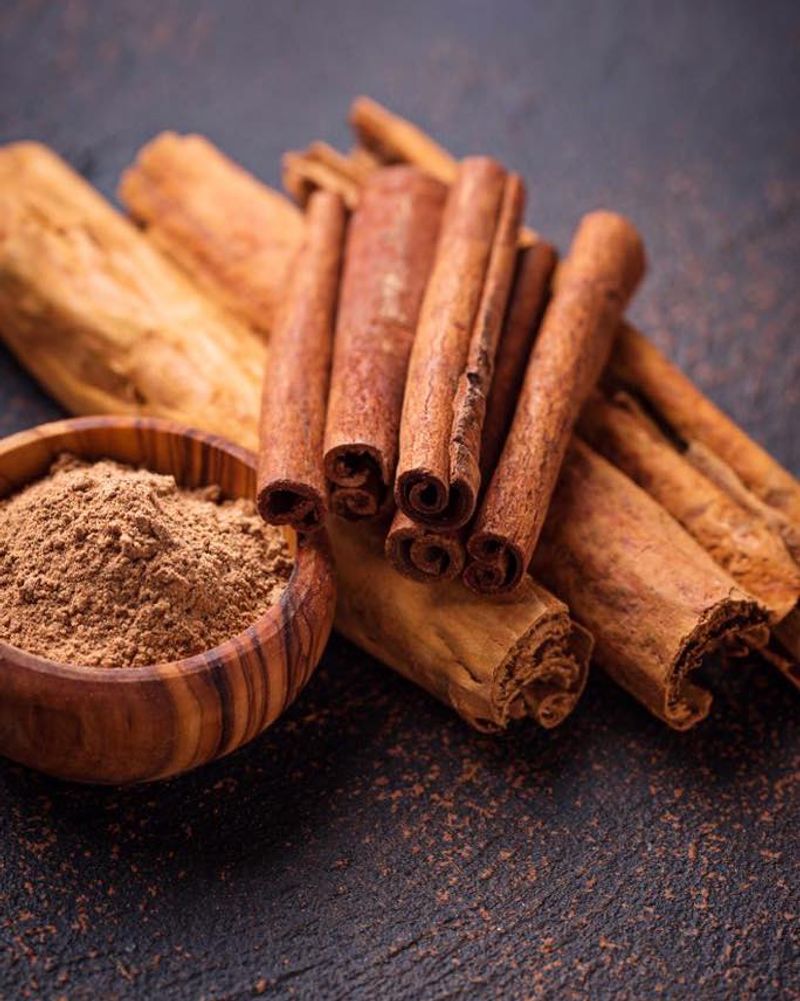
Pruning cuts and accidental damage create entry points for disease and pests. Cinnamon acts as a natural wound sealant that protects exposed plant tissue while promoting healing.
After trimming branches or removing damaged stems, dust the cuts with cinnamon powder immediately. The antimicrobial properties prevent infection during the vulnerable healing period.
This works particularly well on fruit trees and ornamental shrubs throughout Texas, where high temperatures and humidity can complicate wound recovery. Skip the expensive commercial sealants and try this pantry solution instead.
5. Discourages Mushrooms In Mulch
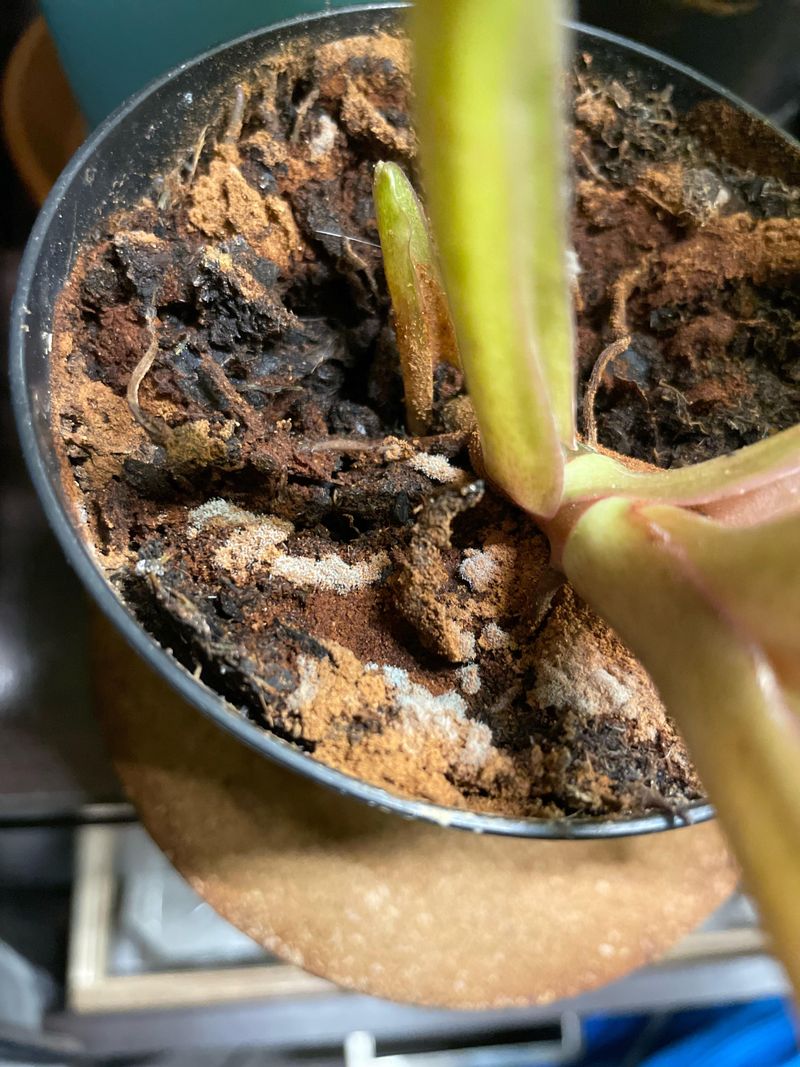
Mushrooms popping up in mulch beds look unsightly and indicate fungal activity that could spread to plants. Cinnamon disrupts fungal growth patterns and helps keep mulched areas looking clean.
Scatter cinnamon powder across mulch surfaces where mushrooms frequently appear, paying special attention to shaded, moist areas. The treatment works best when applied during dry weather.
Many Texas homeowners find this method more appealing than chemical fungicides, especially in gardens where children and pets play regularly.
6. Deters Gnats And Small Flying Pests
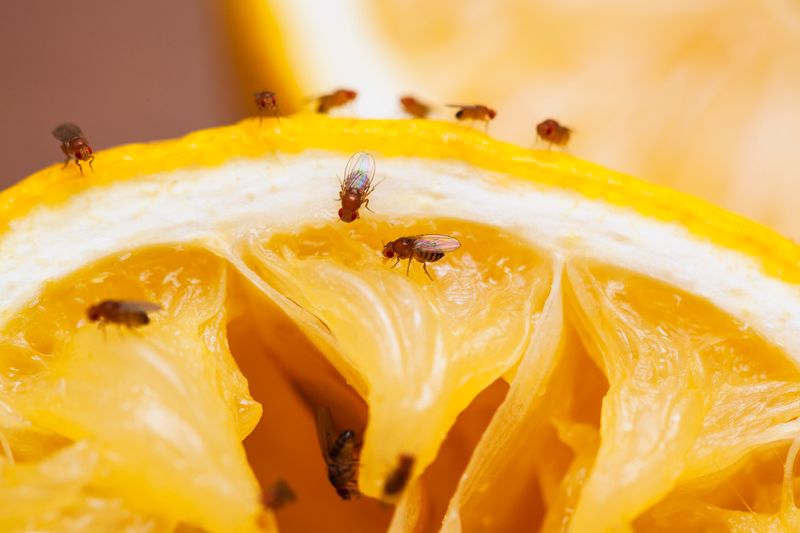
Fungus gnats and other tiny flying pests thrive in moist potting soil, becoming a nuisance for Texas gardeners growing herbs and vegetables in containers. Cinnamon eliminates the fungi that gnat larvae feed on, breaking their life cycle.
Mix cinnamon into the top inch of soil or sprinkle it across the surface of potted plants. The larvae cannot survive without their food source.
This approach works beautifully for both indoor and outdoor container gardens without introducing chemical pesticides near edible plants.
7. Improves Soil Health Naturally
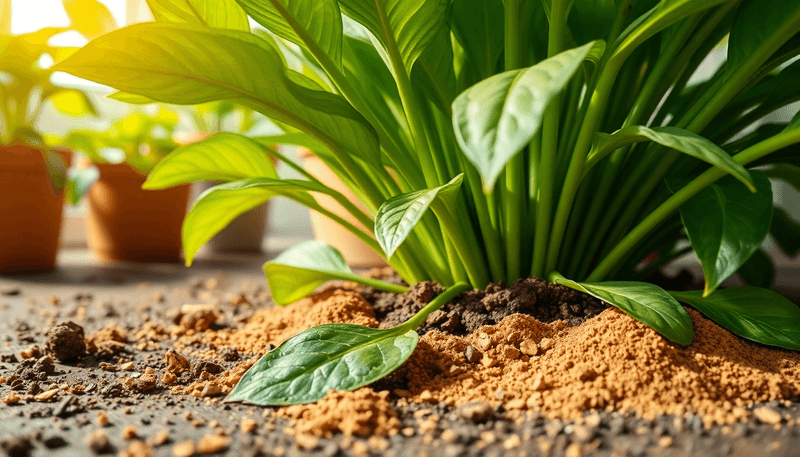
Healthy soil contains balanced microbial communities that support plant growth. Cinnamon helps control harmful bacteria and fungi while allowing beneficial organisms to thrive, creating better growing conditions.
Work small amounts of cinnamon into garden beds or compost piles during soil preparation. The antimicrobial properties target pathogens without destroying the good microbes plants need.
Texas gardeners dealing with heavy clay soils or poor drainage find this particularly helpful for preventing disease problems before they start in challenging growing conditions.

